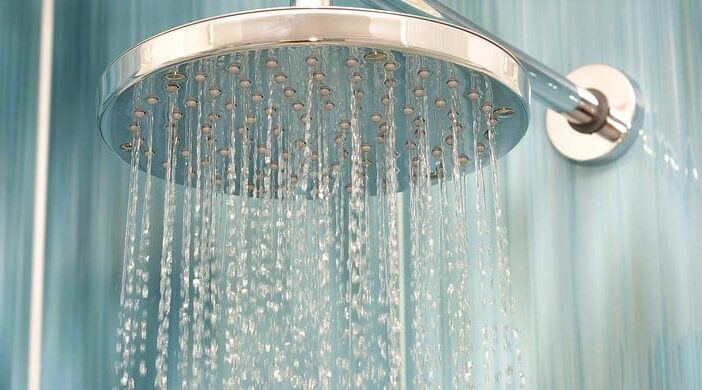
Hard water is the name for unconditioned water that contains high levels of mineral deposits. While it is not harmful to drink necessarily, it may taste or smell funny and leave your skin feeling itchy after bathing. If you have hard water in your home, you may also notice that your clothes look dingy after washing. Additionally, mineral scale from hard water causes water spots on dishes, staining in tubs and sinks, and premature failure of plumbing fixtures and appliances.
Water conditioning solves all of these problems by removing hardness from water and can extend the life of all of your water-using appliances, saving you energy and money in the long run.
How Does Water Conditioning Work?
Water conditioning is a whole-house water treatment system that removes excessive calcium and magnesium from tap water. Conventional methods, also called salt-based or ion-exchange water conditioning, work by pumping water through a medium plus a brine solution to flush out the unwanted minerals. As the untreated water passes through the system, salt ions replace ions from the unwanted substances. The end result is softer water that tastes better, cleans better, rinses better and won’t hurt your water-using appliances. Over the years, water conditioning has grown to include conditioning methods that reduce scale buildup without the use of salt or chemicals. Proper installation of any system is key to successful water conditioning.
Everyone’s water is different. Indeed, water quality can vary from house to house, even in the same neighborhood. In order to know how to properly treat your own home’s water supply, you should first have it tested. A trusted professional plumber can explain all of your options and help you decide on what type of water conditioning system will best suit your needs.
If you have any further questions about water conditioning, get in touch with Jones Services today!


